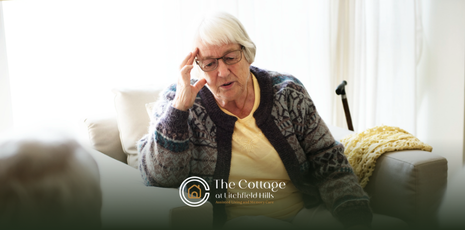Activities to Support Cognitive Function in Seniors

Supporting cognitive function in seniors is essential for maintaining memory, focus, and overall mental well-being. Engaging in the right activities can help keep the brain active and delay cognitive decline.
- Brain-Stimulating Games: Crossword puzzles, Sudoku, and memory games challenge the mind and improve problem-solving skills.
- Reading and Writing: Books, magazines, or journaling encourage concentration and comprehension.
- Learning New Skills: Taking up painting, learning an instrument, or studying a new language promotes brain plasticity.
- Physical Exercise: Walking, yoga, and light strength training boost blood flow to the brain, supporting cognitive health.
- Social Interaction: Group activities, clubs, and conversations help reduce isolation and stimulate mental engagement.
In a supportive environment like The Cottage at Litchfield Hills, seniors can enjoy daily activities designed to nurture both mind and body.
Frequently Asked Questions
How often should seniors do brain exercises?
Aim for at least a few times a week for best results.
Can hobbies improve memory?
Yes, creative and mentally engaging hobbies can enhance recall.
Is socialization important for cognitive health?
Absolutely, regular interaction can slow cognitive decline.
Sources:
- https://www.harvardpilgrim.org/hapiguide/senior-brain-boosters-tips-for-maintaining-brain-health/






